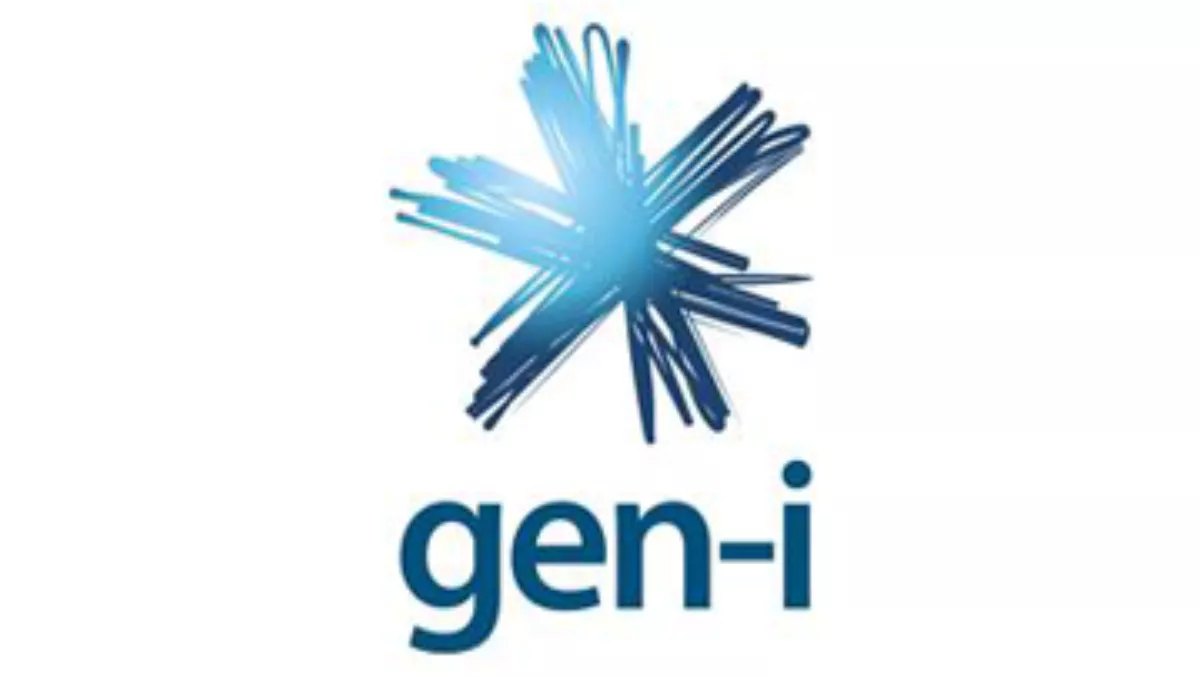PGG Wrightson has chosen to extend its contract with Gen-i for the provision of a wide range of telecommunications and IT services by a further two years.
The agricultural provider says the new two-year contract includes voice, broadband, mobile, data and managed network services, in addition to Gen-i’s Safecom and SecureMe security services.
According to PGG Wrightson CIO Roger Rennie, the company decided to renew its contract with Gen-i based on its past performance in three critical areas during the course of the previous five-year contract.
“We assess our suppliers based on service delivery, price and innovation to help take us into the future. Gen-i has delivered on all three fronts,” he says.
“We’ve enjoyed a consistently good level of service from Gen-i over our previous five-year contract for the provision of telecommunications services and therefore decided to extend it for a further two years.
“Throughout the term, Gen-i presented us with new offerings which have kept us updated with the latest technology and ensured we were getting the best value from our investment.”
The Telecom owned firm says it is proud to continue supporting an organisation that is playing a vital role in enabling the success of New Zealand’s agriculture sector, says Acting CEO Gen-i Australasia, Jo Allison.
“PGG Wrightson is a leading provider of products, services and solutions that are crucial to the success of growers, farmers and processors in New Zealand and internationally," she says.
"We are delighted to be supporting PGG Wrightson as they take New Zealand agriculture to the world.
"Faster fixed and mobile broadband will enable organisations such as PGG Wrightson to take full advantage of the latest video, collaboration and mobility tools in more of the areas where they operate.
“This will help businesses to better equip and connect with their rural workforce, while enabling them to boost productivity, increase efficiencies, reduce costs and be more flexible.”
A mobility vision centred on Windows 8
As part of its mobile strategy, the company also plans to standardise on Microsoft Windows 8 tablets and smartphones.
“We see Windows 8 as the ideal platform to support mobility in our business because it offers enterprise-grade security and manageability not found on other devices," Rennie says.
"In addition, having a consistent interface across desktop, tablet and mobile devices will deliver a better user experience for our people."
Earlier this year, the company deployed over 180 Nokia Lumia 710 Windows Phone 7 smartphones and plans to upgrade to Windows 8 devices during the course of its regular replacement cycle over the next 18 months.
“The look and feel and many features such as Live Tiles are consistent between Windows Phone 7 and Windows 8, so Windows 8 will be a familiar experience for our people," Rennie says.


